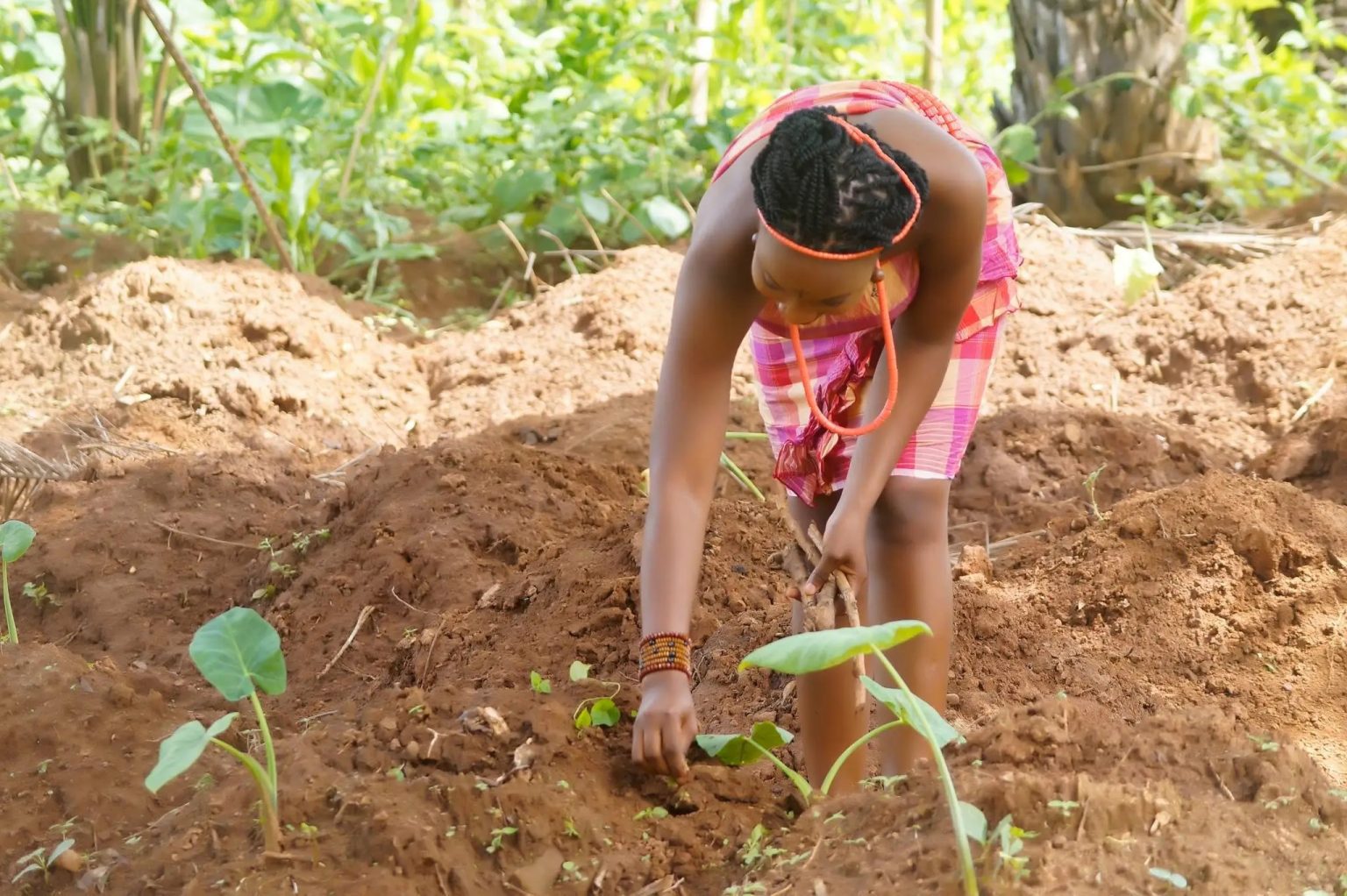Igboland is a cultural region in Southeast, Nigeria predominantly inhabited by the Igbo people. Agriculture plays a significant role in the economy and culture of the Igbo people. Let’s explore farming and the cultural aspects associated with it in Igboland: Subsistence farming: Agriculture in Igboland primarily revolves around subsistence farming, where farmers grow crops to meet the needs of their families and communities. The most common crops cultivated include yam, cassava, maize, cocoyam, and various vegetables. These crops form the staple diet of the Igbo people.
Yam cultivation: Yam holds great cultural and economic significance in the Igbo society. Yam farming is considered a prestigious occupation, and the annual New Yam Festival (Iri Ji) celebrates the harvest. This festival is a colourful event that showcases the importance of yam as the king of crops. Traditional dances, music, masquerades, and feasting, are integral parts of the celebration.
Traditional farming techniques: Igbo farmers traditionally employ techniques such as slash-and-burn agriculture and shifting cultivation. They clear the land by cutting down vegetation and burning it, then cultivate the cleared area for a few seasons until the soil fertility declines, after which they move to a new plot. This practice allows the land to regenerate naturally.
Gender roles: In Igbo farming culture, there are specific gender roles associated with agriculture. Men are typically responsible for clearing the land, planting, and protecting crops from pests and diseases. Women play a crucial role in planting and harvesting crops, as well as processing and storing agricultural products.
Ancestral connections: Igbo farmers maintain a strong connection with their ancestral lands. Family compounds often have ancestral shrines or altars where prayers and rituals are performed to seek the blessing and protection of the ancestors for successful farming activities. Farmers may also engage in rituals and ceremonies during planting and harvest seasons to ensure a bountiful yield.
Traditional farming tools: Although modern farming tools and machinery have become more common, traditional tools are still used in some areas of Igboland. Examples include the machete, known as “okpuchie”, hoes, and digging sticks. These tools have been used for generations and have cultural significance in Igbo farming practices.
Cooperative farming: In some Igbo communities, farmers come together to form cooperative societies known as “Ndi oji” or “Ikwe ekpele”. These societies pool their resources, labour and knowledge, to cultivate large plots of land collectively. Cooperative farming helps maximise efficiency and productivity while fostering a sense of community and mutual support.
Impact on Igbo culture: Farming and agriculture are deeply ingrained in the Igbo culture and have influenced various aspects of their society, including language, proverbs, folklore, art, and music. Igbo oral traditions often include references to farming practices, seasonal cycles, and the importance of hard work and self-sufficiency. In summary, farming plays a crucial role in the economy and culture of Igboland. It is a subsistence-based agricultural system, with yam being referred to as culturally-significant crop. Traditional farming techniques, gender roles, ancestral connections, and cooperative farming practices; all contribute to the unique farming culture of the Igbo people.

